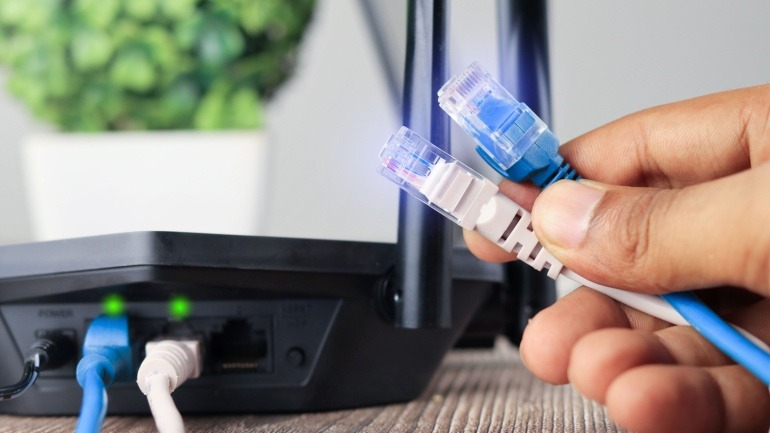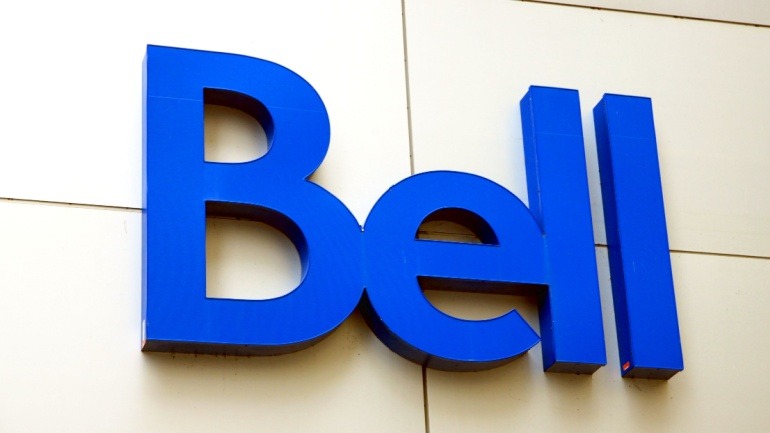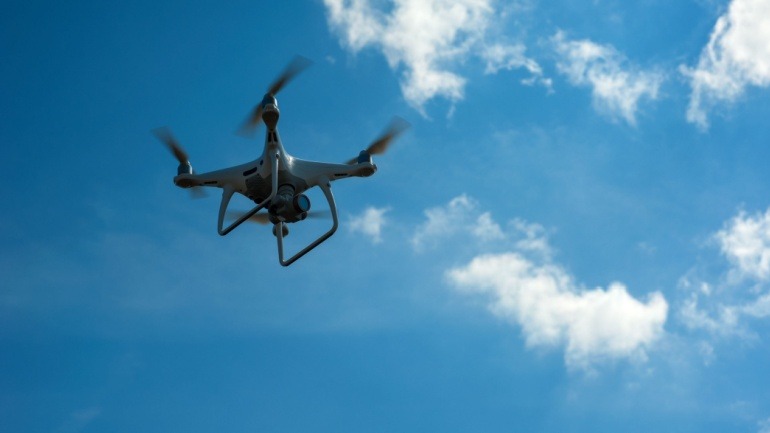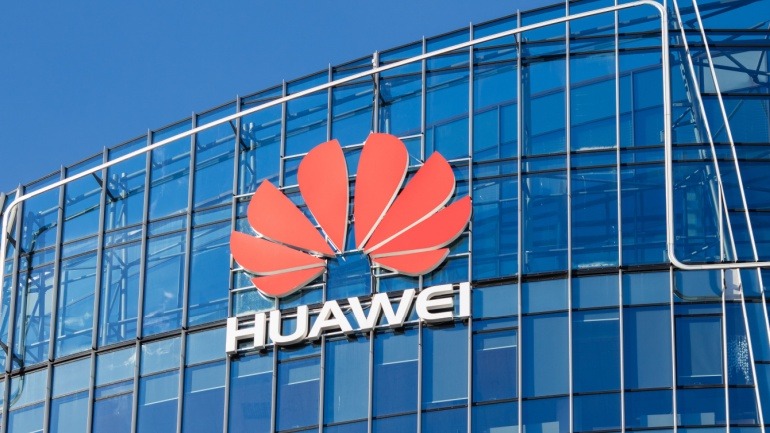CityFibre has begun connecting homes in Buckinghamshire under Project Gigabit, showing progress as many smaller providers exit similar deals. The rollout is part of a larger government contract to expand fibre broadband, while other firms struggle to stay afloat in a tough market.
Bell Canada has sold its stake in MLSE to Rogers, using the proceeds to fund its expansion into the US fibre market. The move aligns with Bell’s strategy to focus on fibre and 5G while retaining key sports content rights through TSN.
Vodafone teamed up with Manna to test how mobile networks can support long-range drone deliveries. While Manna already operates successfully in Ireland and abroad, this collaboration aims to tackle air safety and regulatory hurdles for broader rollout.
Major European firms, including Airbus and BNP Paribas, are urging the EU to delay the AI Act, warning that its complexity could hinder innovation and global competitiveness. While supporting regulation, they call for simpler rules to ensure Europe maintains its AI leadership.
Ooredoo’s innovative AI cloud service in Qatar harnesses advanced Nvidia Hopper GPUs, bolstering sectors such as energy, finance, and healthcare. This cutting-edge development, aligned with Qatar’s Digital Agenda 2030, provides high-performance AI infrastructure locally, ensuring fast, secure data handling.
Sparkle has launched a new Point of Presence in San Diego, expanding its U.S. network and enhancing connectivity across the Americas. Integrated with its global Seabone backbone, the new site offers high-speed IP services, robust security features, and diverse routes for improved reliability.
In a critical legal setback for Huawei, a US judge has denied the company’s attempt to dismiss the majority of charges brought by US authorities. These charges involve serious allegations, including defrauding US financial institutions and breaching sanctions with Iran and North Korea.
Orange France and Samsung have successfully completed the first vRAN and Open RAN calls in southwestern France, marking a significant leap in telecommunications. By utilizing Samsung’s vRAN technology, Orange is advancing its mobile infrastructure into real-world application.
Deutsche Telekom has launched T Cloud, a unified platform delivering customizable cloud solutions tailored to European enterprises. Alongside a partnership with Nvidia to build Europe’s first industrial AI cloud, the company aims to provide secure, sovereign digital infrastructure supporting regulatory compliance, industrial innovation, and technological leadership.
Oracle has unveiled a $30 billion annual deal with OpenAI, fueling a major expansion in global data centers. With soaring demand and massive investment, Oracle expects rapid growth in cloud infrastructure, aiming to become a global leader in cloud services.













